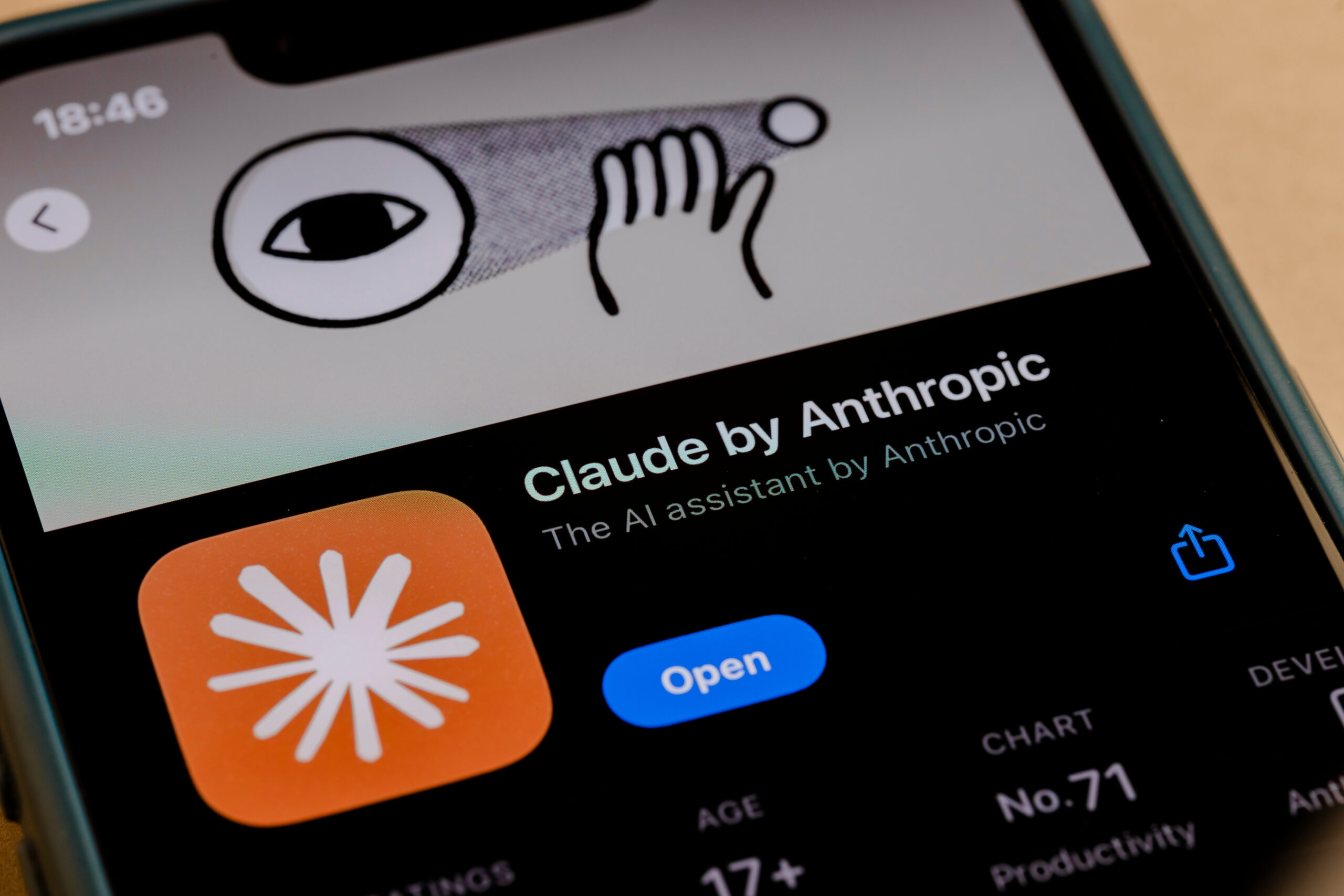Anthropic Thwarts Hacker Attempts to Misuse Claude AI for Cybercrime
Antropic, a company backed by Amazon.com and Alphabet, has detected and blocked hackers attempting to misuse its Claude AI system to write phishing emails, create malicious code, and circumvent safety filters. The company's findings, published in a report, highlight growing concerns that AI tools are increasingly exploited in cybercrime, intensifying calls for tech firms and regulators to strengthen safeguards as the technology spreads.
The report cited attempts by hackers to use Claude to draft tailored phishing emails, write or fix snippets of malicious code, and sidestep safeguards through repeated prompting. It also described efforts to script influence campaigns by generating persuasive posts at scale and helping low-skill hackers with step-by-step instructions.
Anthropic's internal systems had successfully stopped the attacks, and the company was sharing the case studies – showing how attackers had attempted to use Claude to produce harmful content – to help others understand the risks. The company did not publish technical indicators such as IPs or prompts but said it had banned the accounts involved and tightened its filters after detecting the activity.
Experts say that criminals are increasingly turning to AI to make scams more convincing and to speed up hacking attempts. These tools can help write realistic phishing messages, automate parts of malware development, and even potentially assist in planning attacks. Security researchers warn that as AI models become more powerful, the risk of misuse will grow unless companies and governments act quickly.
Anthropic said it follows strict safety practices, including regular testing and outside reviews, and plans to keep publishing reports when it finds major threats. Microsoft and SoftBank-backed OpenAI and Google have faced similar scrutiny over fears their AI models could be exploited for hacking or scams, prompting calls for stronger safeguards.
Regulatory Efforts
Governments are also moving to regulate the technology, with the European Union moving forward with its Artificial Intelligence Act and the United States pushing for voluntary safety commitments from major developers. As AI continues to play an increasingly prominent role in our digital lives, it is clear that stronger safeguards will be needed to prevent its misuse.
With the increasing reliance on AI, it has become essential for tech firms and regulators to work together to strengthen safeguards and ensure that these powerful tools are used responsibly. By sharing case studies like Anthropic's and working together, we can reduce the risk of AI being exploited for malicious purposes and create a safer digital landscape.
Conclusion
In conclusion, Anthropic's report highlights the growing concerns around AI misuse in cybercrime and the need for stronger safeguards. As AI continues to evolve, it is essential that companies like Anthropic prioritize safety and security, and that governments regulate the technology to prevent its misuse.
